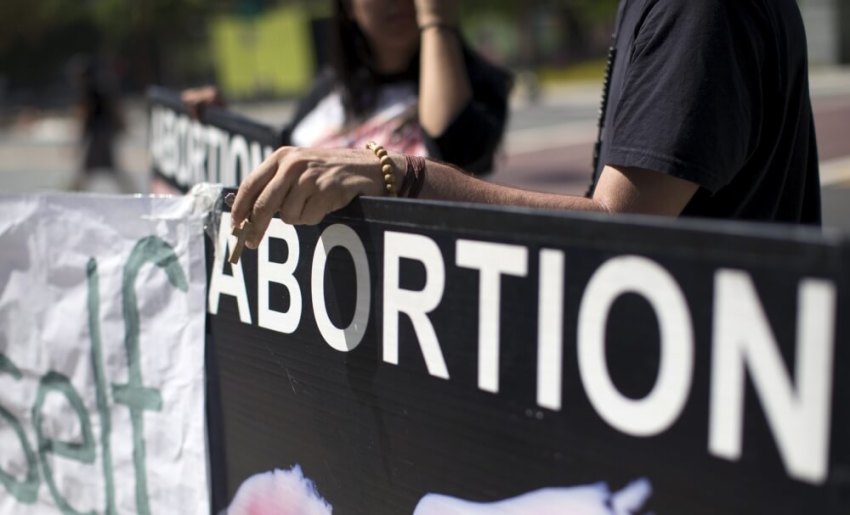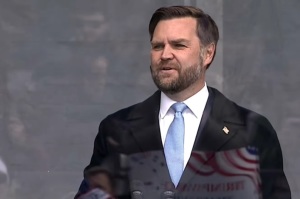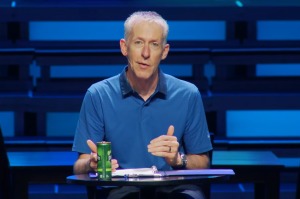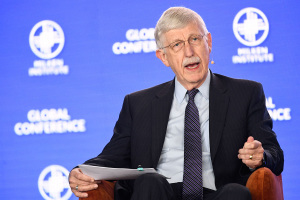Texas Supreme Court sides with pro-life activist in free speech case

The Texas Supreme Court has ruled in favor of a pro-life activist who found himself subject to a lawsuit for saying that abortion advocacy organizations “murder innocent unborn children.”
The Texas Supreme Court issued a ruling in the consolidated cases of The Lilith Fund for Reproductive Equity v. Mark Lee Dickson and Right to Life East Texas and Mark Lee Dickson and Right to Life East Texas v. The Afiya Center and Texas Equal Access Fund on Friday.
The cases concerned pro-life activist Mark Lee Dickson’s advocacy on behalf of the Sanctuary Cities for the Unborn movement, specifically his effort to craft an ordinance to ban abortion in the city of Waskom, Texas, and his comments about abortion advocacy groups.
As explained in the opinion, the Waskom ordinance, approved in 2019, decried abortion as “an act of murder with malice afterthought” and added the plaintiff organizations to a list of “criminal organizations” that “perform abortions and assist others in obtaining abortions.” The language of the ordinance was later amended to remove the references to the plaintiffs and others as “criminal organizations” and the city itself was never a party to a lawsuit.
However, Dickson, the leader of the pro-life group Right to Life East Texas, continued to use similar rhetoric in social media posts about the Waskom ordinance. In such posts, he contended that the pro-abortion groups “exist to help mothers murder their babies” and “murder innocent unborn children.” According to the Texas Supreme Court, “In June 2020, the plaintiffs wrote Dickson and Right to Life East Texas, requesting that Dickson retract his statements.”
“The plaintiffs asked Dickson to ‘specifically clarify that neither you, nor to your knowledge anyone else, has any evidence or reason to believe that any of the organizations named above nor any of their agents has committed any acts in violation of the criminal laws of the United States or of any state or local government.’ Dickson did not reply.”
This prompted the Lilith Fund for Reproductive Equity to file a lawsuit against Dickson in Travis County and the other two plaintiffs to file a nearly identical lawsuit in Dallas County. They argued that Dickson’s comments constituted defamation.
Dickson and Right to Life East Texas sought the dismissal of the cases under the Texas Citizens Participation Act, which calls on courts to dismiss legal challenges based on an individual’s right to free speech unless “clear and specific evidence” establishes “a prima facie case for each essential element of the claim in question.” The Texas Supreme Court weighed in on the case after two lower courts issued divergent rulings. While the Seventh Court of Appeals sided with Dickson, the Fifth Court of Appeals ruled in favor of the plaintiffs.
The Texas Supreme Court ultimately reached the same conclusion as the Seventh Court of Appeals: “We hold that the plaintiffs failed to adduce specific evidence that Dickson’s statements were defamatory. We therefore affirm the judgment of the Seventh Court of Appeals. We reverse the judgment of the Fifth Court of Appeals, and we remand both causes to their respective trial courts for entry of a judgment of dismissal and further proceedings under the provisions of this Act.”
“The Texas Citizens Participation Act provides for early dismissal of lawsuits that chill a citizen’s exercise of free speech unless the lawsuit has merit. Because the speaker in this case properly invoked the act and the plaintiffs failed to adduce evidence of defamation in response, these cases must be dismissed,” the court added. “An examination of the statements and their context shows no abuse of the constitutional right to freely speak.”
The opinion determined that Dickson “did not urge or threaten violence, nor did he misrepresent the underlying conduct in expressing his opinions about it,” stressing that “either potentially could have removed his constitutional protections.”
Dickson celebrated the state Supreme Court's ruling on Twitter, stating: "The Supreme Court of Texas unanimously ruled that the First Amendment protects speech and advocacy in favor of ordinances that outlaw and criminalize the activities of Texas abortion funds. What a great victory for freedom of speech and the right to life!"
In addition to his work with Right to Life East Texas, Dickson is the leader of the Sanctuary Cities for the Unborn movement, which works with local jurisdictions to craft ordinances banning abortion within their city limits.
Waskom is one of more than five dozen cities that have outlawed abortion within their city limits either via ordinance or following a voter referendum. More than four dozen cities in Texas, including the large cities of Abilene, Lubbock, Odessa and San Angelo are sanctuary cities for the unborn as are Willey, Iowa; Pollock, Louisiana; Lebanon, Ohio, and eight cities in Nebraska and three cities in New Mexico.
The Supreme Court of Texas unanimously ruled that the First Amendment protects speech and advocacy in favor of ordinances that outlaw and criminalize the activities of Texas abortion funds. What a great victory for freedom of speech and the right to life! pic.twitter.com/zwF4hUuTA3
— Mark Lee Dickson (@MarkLeeDickson) February 24, 2023
Ryan Foley is a reporter for The Christian Post. He can be reached at: ryan.foley@christianpost.com



























